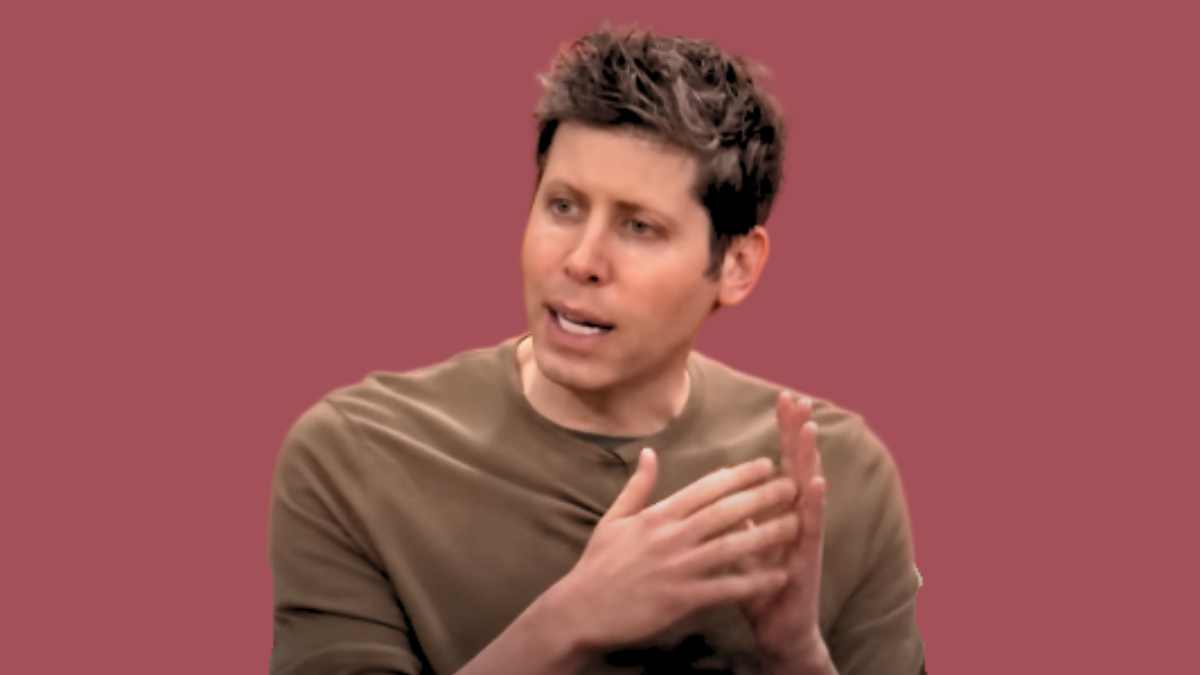OpenAI’s Sam Altman urges adaptation as AI set to reshape workforce

OpenAI chief executive Sam Altman has issued a warning that the rapid rise of artificial intelligence, particularly generative technologies like ChatGPT, will render many current job roles obsolete. Speaking at high-profile events and in recent interviews, Altman stressed that entire categories of jobs are at risk as AI systems become capable of performing tasks faster and more efficiently than humans.
Sectors facing disruption
Altman identified several areas where jobs are likely to be replaced in the near term. Customer service and call centre positions are considered especially vulnerable, as AI chatbots and voice agents are increasingly handling queries without the need for human support. Altman described the transformation of the customer service industry as almost complete, with AI now performing many of the key functions, eliminating traditional phone trees and reducing the need for human operators.
Data entry, transcription, and recordkeeping tasks are also expected to be among the first to go. AI can already carry out these activities more quickly and with fewer errors, resulting in a diminished demand for manual labour in these fields. Routine programming jobs and basic coding tasks are at similar risk, as Altman pointed out that simple scripts and debugging can often be accomplished by AI-assisted platforms.
The trend is not limited to technical or clerical jobs. Certain creative roles, such as content creation that focuses on high volume and repetitive output, like writing product descriptions or basic marketing copy, may see widespread job losses. AI’s growing ability to generate convincingly human-like text at scale means businesses can reduce reliance on human copywriters for such mundane tasks.
Additionally, jobs in legal and financial analysis that involve reviewing and summarising documents could see significant disruption. AI is now able to process large volumes of text within moments, undermining the need for large teams of junior professionals in these sectors.
A changing landscape for workers
While Altman acknowledged that the scale of job displacement could be significant, he emphasised that this technological shift could ultimately result in better, higher-quality jobs in the future. He noted that, as with previous technological revolutions, society must adapt through education and reskilling to prepare workers for new opportunities that AI will create.
Altman has advocated for governments and educational institutions to update their frameworks to help the workforce transition. He also referenced historical examples, such as how the advent of the calculator changed how mathematics was taught, suggesting similar reforms will be needed for the age of AI.
Healthcare and the future of work
Altman highlighted AI’s growing role in medicine, noting that ChatGPT’s diagnostic capabilities sometimes exceed those of human doctors. He nevertheless insisted that human oversight remains crucial, expressing personal reluctance to trust AI entirely in healthcare decisions.
Looking ahead, Altman predicted that traditional job structures may fade significantly by 2030. He expects people will continue to find meaning and value in new types of work even if those jobs appear unconventional today. He reminded audiences that throughout history new forms of employment have always emerged in response to technological progress.
